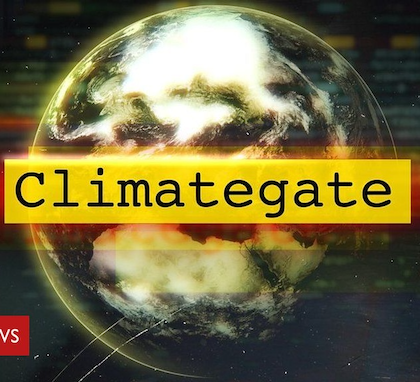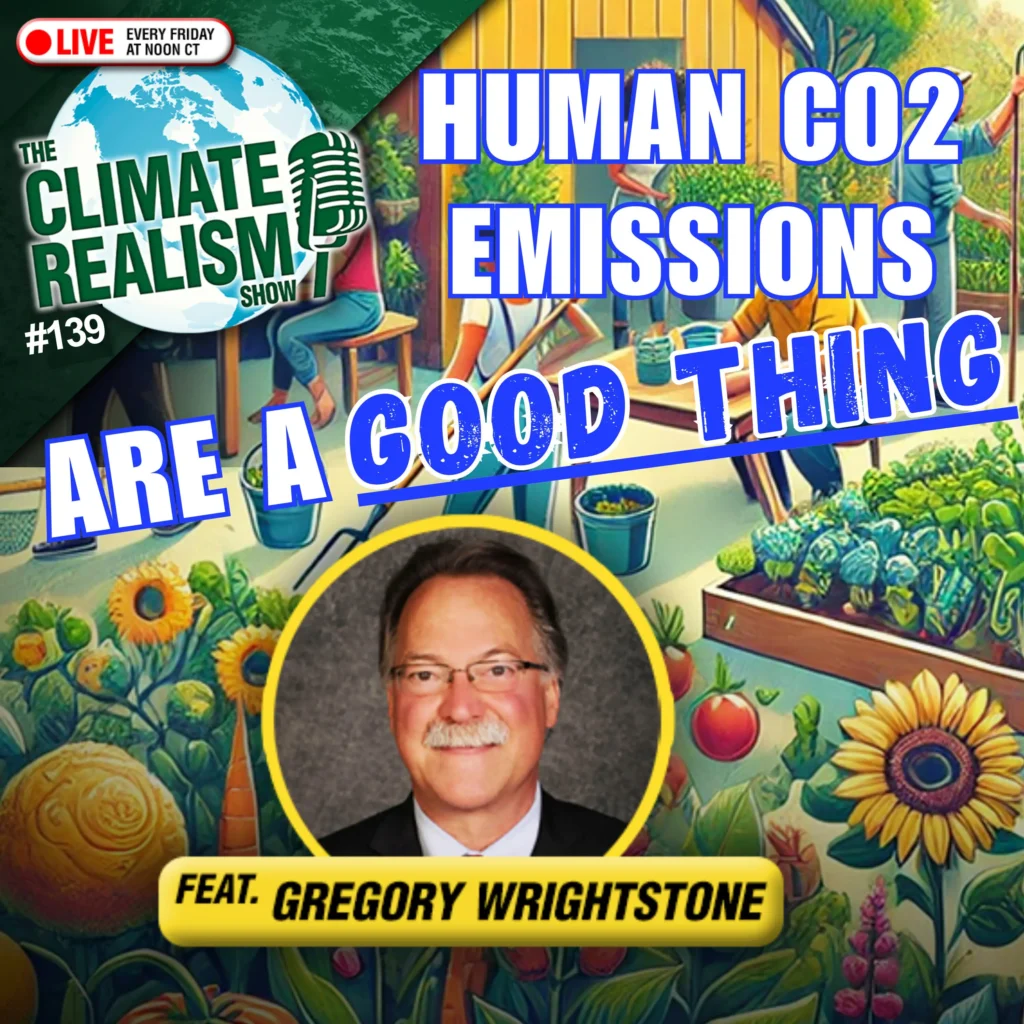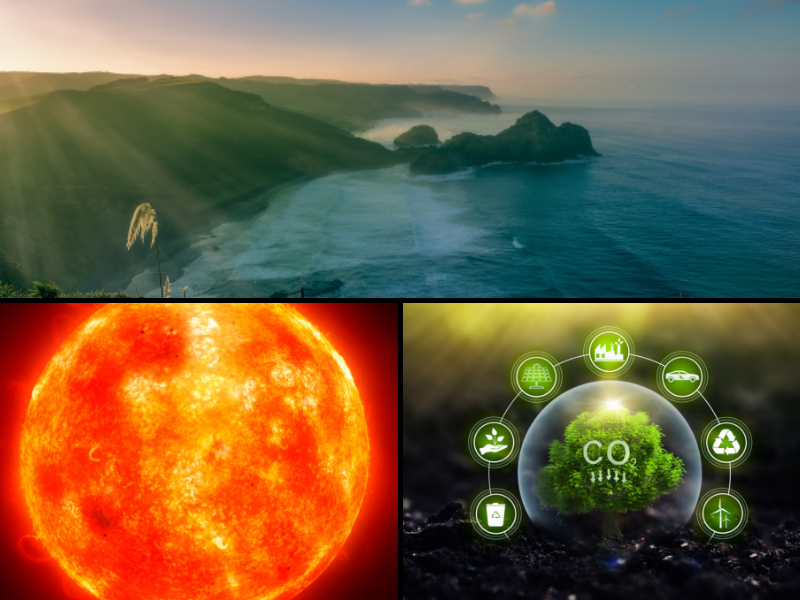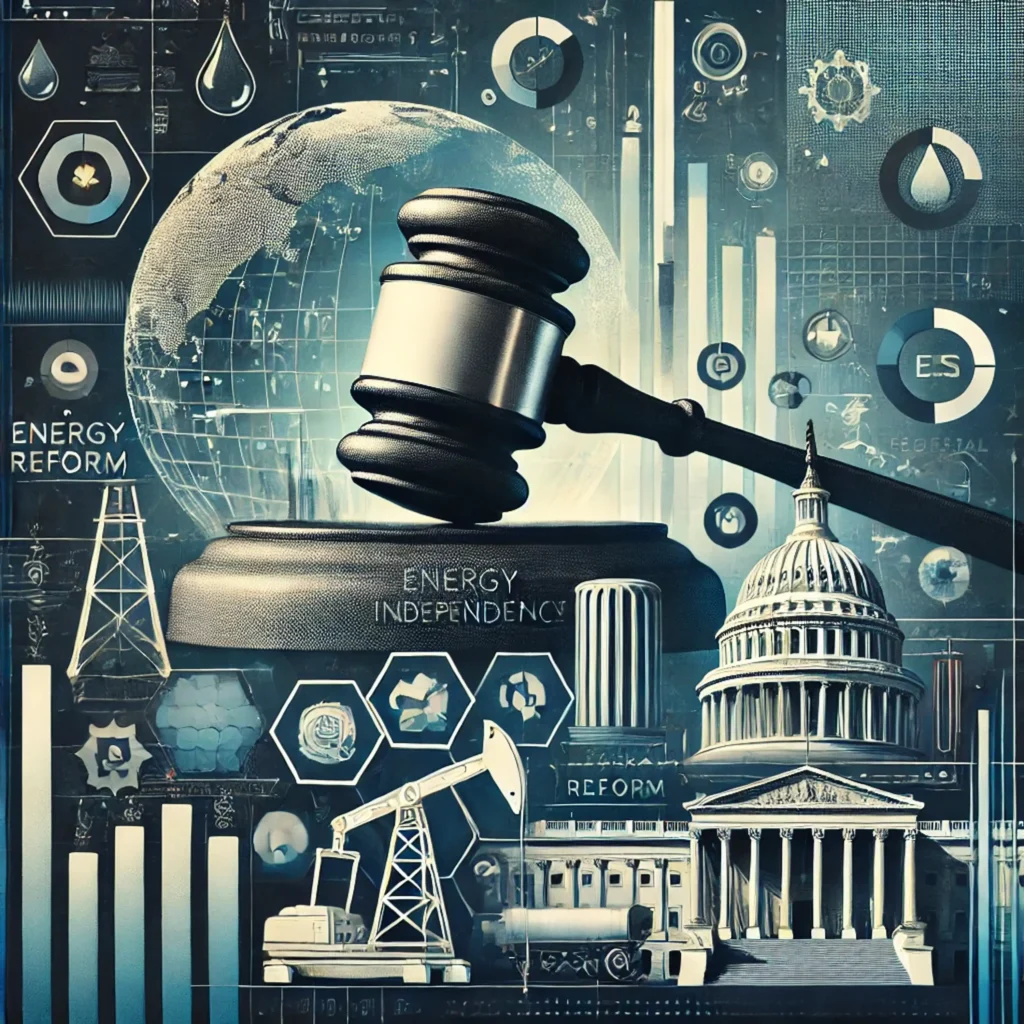Guest essay by Kelvin Kemm, Ph.D.
This month marks the 10th anniversary of “Climategate”—the release of thousands of emails among climate scientists who had been (and still are) colluding to create the perception of a manmade climate crisis, a notion already existing in their minds and computer models but not in the real world. The scandal should have ended climate catastrophism. Instead, it was studiously buried by politicians, scientists, activists, and crony capitalists, raking in trillions of dollars from the exaggerations and fakery while exempting themselves from the damage they are inflicting on other people.
Few people know the inconvenient facts about the supposed manmade climate crisis. For example, since 1998, average global temperatures have risen by a mere few hundredths of a degree. For a time, they even declined slightly. Yet all we hear is fearmongering about manmade carbon dioxide causing global warming and climate changes that pose existential threats to humanity, wildlife, and the planet. Based on this, we are told we must stop using fossil fuels to improve living standards. This is bad news for Africa and the rest of the developing world.
We keep hearing rising atmospheric carbon dioxide levels cause rising global temperatures, but satellite data show no such thing. Computer model predictions for 2019 are almost a half degree Celsius (0.9 degrees F) above actual satellite measurements. Yet, whenever a scientist raises questions about the alleged crisis, he or she is denounced as a “climate change denier.”
A major source of data supporting the human-caused carbon-dioxide-induced warming proposition came from the Climate Research Unit (CRU) of the University of East Anglia in the United Kingdom.
On the morning of November 17, 2009, a Pandora’s box of embarrassing CRU information exploded onto the world scene. A hacker penetrated the university’s computer system and took 61 megabytes of material showing the CRU and outside scientists it worked with had been manipulating scientific information to make global warming appear to be the fault of mankind, particularly industrial carbon dioxide. Among many other scandals, the leaked emails showed then-CRU-director Prof. Phil Jones boasting of using statistical “tricks” to remove evidence of observed declines in global temperatures.
In another email, Jones advocated deleting data rather than providing it to scientists who did not share his view and might criticize his analyses. Non-alarmist scientists had to invoke British freedom of information laws to get the data. Jones was later suspended, and former British Chancellor Lord Lawson called for a government enquiry into the embarrassing exposé.
The affair became known as Climategate. A group of American University students even posted a YouTube song, “Hide the Decline,” mocking the CRU and climate modeler Dr. Michael Mann, whose use of the phrase “hide the decline” in regard to temperatures had been found in the hacked emails.
Since California became a state, the measured global rise in atmospheric temperature has been less than 1.0 degrees Celsius, with much of this increase occurring prior to 1940. Average planetary temperatures fell from around 1943 until about 1978, leading to a global cooling scare. Temperatures rose slightly until 1998, then mostly remained stable, even as carbon dioxide levels continued to rise. Changes in carbon dioxide levels and temperature variations do not correlate very well.
During the well-documented Medieval Warm Period (MWP) from about 950 to 1350 A.D., warmer global temperatures allowed Vikings to raise crops and tend cattle in Greenland. The equally well documented 500-year Little Ice Age (LIA) starved and froze the Vikings out of Greenland, before reaching its coldest point, the Maunder Minimum of 1645 through 1715, when England’s River Thames regularly froze over, Norwegian farmers demanded compensation for lands buried by advancing glaciers, and priests performed exorcism rituals to keep alpine glaciers away from villages. Paintings from the era show crowds of people ice skating and driving horse-drawn carriages on the Thames.
Industry and automobile emissions obviously played no role in either the MWP or the LIA.
These dramatic events should ring warning bells for any competent, honest scientist. If the Medieval Warm Period occurred without industrial carbon-dioxide emissions driving it, why should industrial carbon dioxide be causing any observed warming today? Europe’s great plague wiped out nearly a quarter of its population during the Little Ice Age. The warm period brought prosperity and record crops, whereas cold years brought misery, famine, and death.
Ten years before Climategate, Mann released a computer-generated graph purporting to show global temperatures over the past 1,500 years. His graph mysteriously made MWP, LIA, and Maunder extreme cold years disappear, and it showed planetary temperatures spiking suddenly in the last couple decades of twentieth century. The graph had the shape of a hockey stick, was published worldwide, and became a centerpiece for the Intergovernmental Panel on Climate Change.
Many scientists were highly suspicious of the hockey stick claims. Two of them, Steven McIntyre and Ross McKitrick, completely discredited the computer program Mann used to generate the hockey stick’s revisionist history. That did not stop former U.S. vice president Al Gore from using the discredited graph in his doom-and-gloom climate change movie An Inconvenient Truth.
The hacked CRU emails also showed exchanges in which Mann and Jones discussed how to intimidate editors who wanted to publish scientific views contrary to theirs, to suppress any contradictory studies. In one email, Jones expressed his desire to get rid of the “troublesome editor” of the journal Climate Research for daring to publish differing views. The editor was sacked.
When University of Colorado Professor Roger Pielke Jr. asked CRU for its original temperature readings, he was told the data had been lost. Lost! Do professionals lose something as valuable as original data? Many observers suspected the Climategate perpetrators just didn’t want anyone to expose their clever manipulations and fabrications.
Possibly worse, when Climategate broke, “climate justice” campaigner for Friends of the Earth Emma Brindal said bluntly, “A climate change response must have at its heart a redistribution of wealth and resources.” Not protecting Earth from manmade carbon-dioxide emissions or natural and manmade climate change, but redistributing wealth and resources, presumably according to formulas self-appointed ruling elites like herself decide are “socially just.”
Climate campaigners oppose building modern homes for Africans, with some even saying Africans must continue living in mud huts and avoid the use of electricity and modern farming technologies. Actor Ed Begley has said, “Africans should have solar power where they need it most: on their huts.” These activists and their opinion leaders such as Al Gore, Phil Jones, and Mike Mann are exempted from these restrictions, of course.
Real social justice and human rights mean everyone has access to abundant, affordable, and reliable energy, especially electricity, and not from expensive, weather-dependent wind turbines and solar panels, but from fossil fuel, hydroelectric, and nuclear power plants.
We in the developing world will no longer let the climate delusion promoted by loud, radical activists put the brakes on African economic development, jobs, and improved health and living standards.
— Guest essayist Kelvin Kemm, Ph.D., is a nuclear physicist and CEO of Nuclear Africa.
SOURCES: Climate Etc.; Economics
IN THIS ISSUE …
Polar bear increase threatens climate icon status … WMO head breaks with climate crisis narrative
PODCAST OF THE WEEK
Debunking the Hockey Stick, Part Two (Guest: Steve McIntyre)
Steve McIntyre, founder and editor of the blog dedicated to analysis of climate data Climate Audit, discusses with Heartland Senior Fellow Anthony Watts how he first became interested in climate discussion. He and friend Dr. Ross McKitrick helped debunk one of the most important climate papers: ‘The Hockey Stick.’
Though only a businessman with a little formal knowledge of the debate, he was worried that climate alarmists were attempting to engage a war on fossil fuels. McIntyre reached out to Michael Mann only to be informed that he did not have the data on hand. In fact, when asking another researcher, he was told nobody had ever asked for data in 28 years.
McIntyre goes to show that if there truly is a consensus on the issue, there would be no need to hide and obfuscate data. Listen on SoundCloud or the player below.
Subscribe to the Environment & Climate News podcast on iTunes.
Climate Video of the Week
Stossel: Are We Doomed?
Legendary television journalist John Stossel moderated a climate debate hosted by The Heartland Institute in New York City in September. Stossel produced a fantastic piece on the event that debunks the alarmist claims of environmentalists.
POLAR BEAR INCREASE THREATENS CLIMATE ICON STATUS
Zoologist and top polar bear researcher Susan Crockford, Ph.D., was let go by the University of Victoria, where she had taught for 15 years, even though her research showing polar bear populations were thriving despite purported climate change has been proven correct. Crockford says the university bowed to “outside pressure” in deciding not to renew her contract.
Crockford is one of the most widely cited researchers on polar bear biology and the threats to their populations. Her research challenged climate alarmists’ assertions that polar bears are being threatened with extinction due to climate change, claims which were based on limited or no data and instead relied on computer model projections and speculative assumptions about the relationship between polar bears and sea ice. Crockford’s research showed polar bear populations were largely healthy, with bears finding plenty of food and having good numbers of babies. Their population is at record highs, which has been measured scientifically. Crockford also explained why polar bears were thriving and, at least for the foreseeable future, should be expected to continue to flourish.
“When push came to shove, UVic threw me under the bus rather than stand up for my academic freedom,” the Washington Times reports Crockford as saying about the University’s decision not to renew her contract.
The university’s display of cowardice comes as other research confirms Crockford is right about the health of polar bear populations, forcing climate delusion hucksters to seek out a new charismatic species as the poster child for the alleged dangers of climate change to wildlife.
Court documents filed by native Inuit groups, the people living in closest proximity to and most often interacting with polar bears, show climate change is not having much of an impact on them.
“Inuit have not noticed a significant decline in the health of the polar bears,” the Toronto Sun reports a court affidavit submitted by the director of wildlife management for the Nunavik Marine Region Wildlife Board saying. “In fact Nunavik Inuit report that it is rare to see a skinny bear and most bears are observed to be healthy, [and Nunavut residents have seen an] increase in the polar bear population and a particularly notable increase since the 1980s.”
The court case involves a federal lawsuit filed by Inuits to overturn a decision by Environment Canada to reduce hunting quotas for polar bears. Evidently bowing to pressure from outside climate activist groups and international bureaucrats, Environment Canada reduced the number of polar bears native peoples could take this year, despite an unrefuted report from its own Wildlife Board stating “All interviews conducted in the Southern Hudson Bay communities shared the view the population grew somewhat from the 1960s until the 1980s, and that a continued increase has been very noticeable since that time.”
Polar bear populations are so healthy they aren’t listed as threatened or endangered by the federal panel monitoring Canadian wildlife under the Species At Risk Act, which notes their numbers have increased, not declined, in recent decades.
SOURCE: Toronto Sun; The American Mirror; Washington Times
WMO HEAD BREAKS WITH CLIMATE CRISIS NARRATIVE
A lead scientist working closely with the Intergovernmental Panel on Climate Change has recently come out against the most alarming climate claims being made by other scientists and pushed by the mainstream media.
In a recent interview in the Finnish financial newspaper Talouselama (“The Journal”), Petteri Taalas, Ph.D., secretary-general of the World Meteorological Organization (WMO), says climate change is happening, but it doesn’t mean the end of the world or that people must stop having children or give up modernity. Taalas says doomsday climate scenarios are not justified by the science, and scientists and climate activist groups, such as Extinction Rebellion, pushing them and demanding people live like religious ascetics, resemble religious zealots.
“The IPCC reports are read like the Holy Book, where certain sentences are sought to justify their own extreme positions. It has the features of religious extremism,” said Taalas. “Experts are under attack for not being radical enough. There are threats and extremists in all corners of the world.”
In a separate statement on the WMO’s website, Taalas says “the science-based approach is undermined when facts are taken out of context to justify extreme measures in the name of climate action. Action should be based on a balanced view of the science available to us and not on a biased reading of reports by the Intergovernmental Panel on Climate Change, of which WMO is one of the parent organizations.”
“This world will not end. … The living conditions of some people on the planet are getting harder, but people have been living under difficult conditions for a while,” Taalas said in Talouselama.
Taalas says there is no justification for demanding an end to fossil fuel use in the short term, because it would bring about unnecessary hardships. In most respects, people around the world are better off now than they’ve ever been, Taalas says.
“If we look at the state of the world, excluding climate change and population growth, then we are at the best of mankind’s time in many ways: the economy, health and, for example, the position of women will never be better,” Taalas said.
SOURCES: CO2 Coalition; World Meteorological Organization





